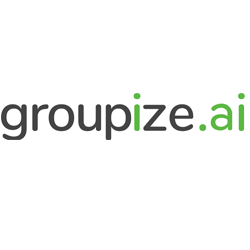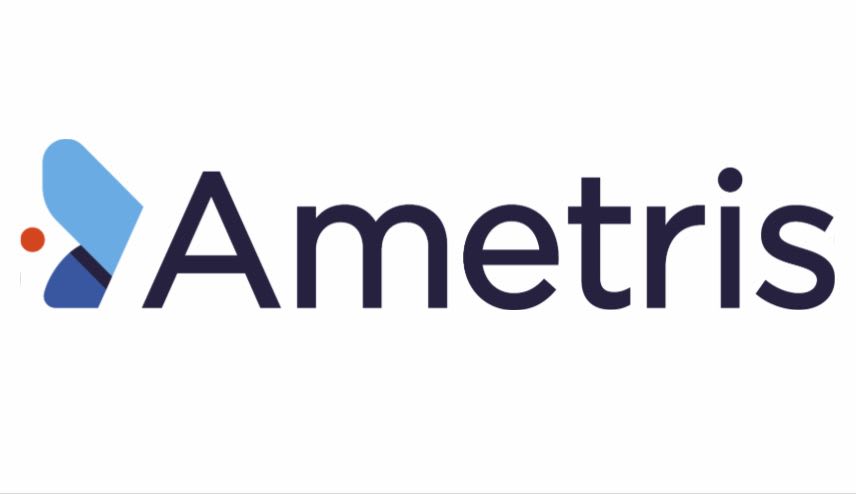Influencers have the power to positively change the status quo because of their authority, knowledge, position, or relationship with their audience.
 The global digital health market is expected to generate revenue of $884.1 billion, progressing at a 21.8% CAGR during the forecast period (2020-2030), according to one market analyst.
The global digital health market is expected to generate revenue of $884.1 billion, progressing at a 21.8% CAGR during the forecast period (2020-2030), according to one market analyst.
The market is growing due to the rising requirement for remote patient monitoring services, growing number of smartphone and tablet users, increasing support from governments regarding digital health solutions, advancements in applications of mobile health technologies, and surging need for advanced healthcare information systems.
On the basis of technology, the digital health market is divided into electronic health record, mHealth, healthcare analytics, and telemedicine.
Out of these, according to analysts, the mHealth division is projected to grow at the fastest pace in the years to come. These technologies aid healthcare organizations in decreasing medical costs and offer remote patient monitoring, so the need for visiting hospitals frequently is eliminated. Furthermore, mHealth assists in wellness and disease management, thereby leading to its increasing demand.
Global Market Insights predicts the digital health market size, which was estimated at more than $106 billion in 2019, will grow at 28.5% CAGR through 2026. They say some of the growth is attributed to COVID-19 cases across the globe, which has increased the adoption of digital health technologies and will continue boost the digital health industry’s growth.(PV)
~~~~~~~~~~~~~~~~~~~~~~~~~
Digital Health Trends
 From artificial intelligence (AI) and machine learning to customized medications and gene therapies, the future of life sciences is fast becoming digital. And now, with COVID-19 still raging, it is clear that to survive, the industry must embrace rising digital trends. According to Bio-IT World, the following five trends are ones to watch out for:
From artificial intelligence (AI) and machine learning to customized medications and gene therapies, the future of life sciences is fast becoming digital. And now, with COVID-19 still raging, it is clear that to survive, the industry must embrace rising digital trends. According to Bio-IT World, the following five trends are ones to watch out for:
A digital future: From artificial intelligence (AI) and machine learning to customized medications and gene therapies, the future of life sciences is fast becoming digital.
Services that go beyond medication: Thanks to the internet, modern patients have access to information on almost every aspect of an illness or disorder.
Automating compliance and regulatory functions: Automation is decisively transforming pharma, commercial production, product development, and real-time monitoring.
Value-based care: This trend is a form of reimbursement that connects care delivery with the quality of care provided, rewarding providers for efficiency and effectiveness in the process.
Digital transformation: Like many industries, healthcare is being offered a huge opportunity by digitalization.










